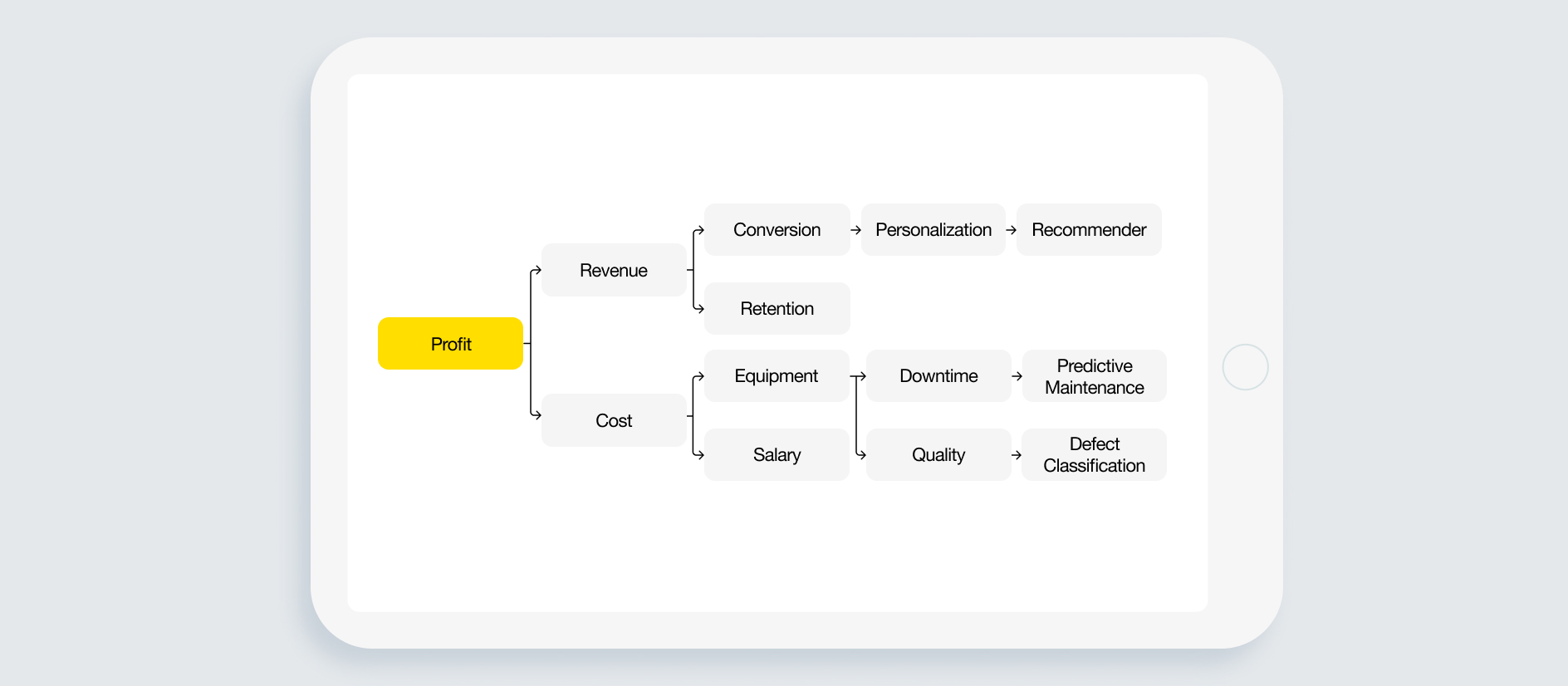Events of the 2022 year capsized the world by waves of war, financial crisis, and natural disasters. Businesses were thrown into a permanent state of uncertainty.
“This uncertainty comes from global shifts not only due to the war in Ukraine — energy price and logistics changes — but also due to earlier accumulated economic imbalances. Key market players: governments, central banks, and big corporations every day make politically charged choices. Imposition of sanctions regarding companies and countries, changes in low, intergovernmental agreements, state programs, and energy security activities strongly impact the business environment and still be very unpredictable.”
Vasili Yavorchuk, Chief Executive Officer
In such conditions, according to statistics in IIA “Risk In Focus 2023” report, internal audit trying to keep companies afloat spends most time and effort on the following top-5 risks:
- Cybersecurity and data security.
- Organisational governance and corporate reporting.
- Change in laws and regulations.
- Financial, liquidity and insolvency risks.
- Business continuity, crisis management and disasters response.
Therefore, businesses begin applying conservative, wait-and-see strategies: cut investments into instruments and RnD for development, close IT projects in crisis, optimize costs, and wait until a more predictable environment. On the other hand, a period of tectonic shifts opens a window of opportunities. It can be a good time to bring new products and services to the market and take vacant niches.
So, whether you need to give up developing and implementing new features to your software product in such unpredictable times, or whether it is enough to revise the processes and come up with a crisis management plan? Exposit top leaders shared some insights for IT risk management strategy to guide you through the storm of changes.
Reduce Fixed Costs
Given the need for cost reduction, businesses could consider the removal of permanent staff or a hiring freeze in regions with high expenses. The good option here could be a project development with a reliable service provider: it reduces fixed costs and helps to direct the budget targeted to critically essential projects.
“We offer a way of reducing the directed costs by lower rates and fixed project price, allowing our clients to control the budget accurately.”
Vasili Yavorchuk, Chief Executive Officer
Base Your Decisions On Metrics
Metrics are significant for assessing the progress and understanding the result of IT risk management. Today, analytical instruments and non-financial metrics primarily come into focus: churn rate, cost per lead, lifetime value of the client, etc.
At the same time, it’s important to find software development and maintenance metrics that directly or indirectly influence the company’s finances. For example, if you developed software for monitoring construction materials’ safety, you will naturally reduce manufacturing expenses using it.

Assess The Technical Project Risks
After evaluating all software development possibilities, assessing technical risks for IT project management success is necessary. A trusted IT partner would help you find the most optimal solution or even advise you to cancel a project if the risks of its implementation are not reasonable relative to the expected effect. Also, crisis project management includes revising project plans, optimizing them, and providing solutions for cost reduction or quick hypothesis tests before investing in the development.
“We offer a Discovery Phase to our clients where we work on ideas and test different hypotheses: it allows us to minimize risks the idea won’t work under certain conditions and develop successful it projects.”
Dmitri Kuchinski, Chief Operating Officer
Be Open To Experiments
If your company has a safety margin and a budget for experiments, don’t be afraid to launch it. For staying on track, it’s better to test hypotheses carefully, shorten the product time to market, and realize it into production. In changeable modern world, it is difficult to predict what will work out.
“Today, we see changes in start-ups’ activities and directions of investments; some areas are no longer relevant for the market. Despite the situation, if you don’t get funds into circulation, inflation will destroy them. So, where to invest money? Analyzing the software market, I can say quite promising fields are the development of IoT, ITSM, collaboration tools, and solutions for the automotive industry.”
Aliaksandr Kot, Chief Commercial Officer
Researchers say the key to business survival in 2023 is to be ready for a “continuous storm that will blow through Europe in 2023 and beyond”. It doesn’t mean standing still but carefully going ahead with product development and creating an IT risk management plan.
In Exposit, we’ve prepared our technical and organizational infrastructure for a seamless supply of services. Our teams are located in different countries, company’s legal structure allows to sign contracts with businesses in multiple locations across the world. Technical infrastructure was reorganized for high stability in different scenarios.
We continually enhance the quality of service, processes, and information security and make partnerships with major tech companies (for example, Atlassian). Thereby, we are one of the first to access advanced developments, new instruments, and approaches and successfully use them for IT project implementation.
The company has set up a process for accumulating domain and technological expertise. This way, we can offer the best time-tested solutions based on our experience and be your reliable IT partner with smart risk management at every stage of your software project. Book a free consultation via the link to get crisis management steps and confidently move into the new year.






